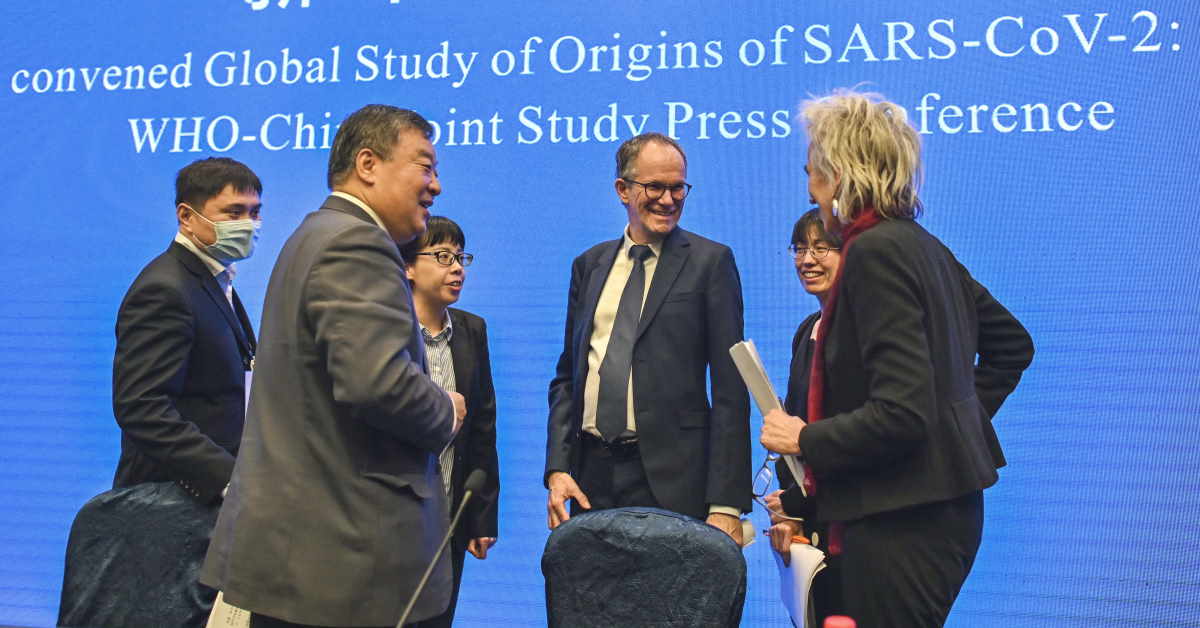The world should be prepared for the coronavirus to continue to circulate long-term despite the roll-out of vaccines, the head of the European Union’s (EU) European Centre for Disease Prevention and Control (ECDC) health agency, Andrea Ammon, said on Friday.
"We should be prepared that it will remain with us," the head of the Stockholm-based health agency said in an interview with AFP.
"It seems more likely that it would stay. It seems very well adapted to humans," she said.
"It wouldn't be the first virus that is with us forever, so it's not an unusual feature for a virus."
While vaccines dramatically reduce the risk of contracting the illness caused by COVID-19, scientists have not yet established with certainty whether vaccines also reduce transmission of the virus.
There is also particular concern that the vaccines may not be as effective against some variants of COVID-19, especially the South African and Brazilian ones.
"The question is what it then means in terms of the changes of the virus for the vaccine effectiveness," Ammon said, citing the seasonal flu as an example where vaccines are adapted annually.
"It might turn out that (the coronavirus) goes the same way, or that at one point it remains stable and we can use one vaccine for a longer period," she said.
All Hypotheses Still Open On COVID Origins
The head of the World Health Organization (WHO) said Friday that all hypotheses on the origins of the COVID-19 pandemic remained on the table, following an investigation mission in China.
The WHO's mission to Wuhan, where the first cases were identified, failed to identify the source of the virus but poured cold water on the theory that it leaked from the city's virology laboratory.
At a press conference in Geneva alongside mission head Peter Ben Embarek, WHO director-general Tedros Adhanom Ghebreyesus said the team had conducted a "very important scientific exercise in very difficult circumstances".
"Some questions have been raised as to whether some hypotheses have been discarded. Having spoken with some members of the team, I wish to confirm that all hypotheses remain open and require further analysis and studies.
"Some of that work may lie outside the remit and scope of this mission. We have always said that this mission would not find all the answers, but it has added important information that takes us closer to understanding the origins of the virus.
"The mission achieved a better understanding of the early days of the pandemic, and identified areas for further analysis and research. And we will continue working to get the information we need to answer the questions that still need to be answered."
At a press conference in Wuhan on Tuesday, Ben Embarek quashed the theory that a leak from a virology lab in Wuhan could have caused the pandemic.
"The laboratory incident hypothesis is extremely unlikely," he said. It "is not in the hypotheses that we will suggest for future studies."
Tedros said he hoped a summary report from the mission would be published next week, with the full final report to follow in the coming weeks. – AFP
